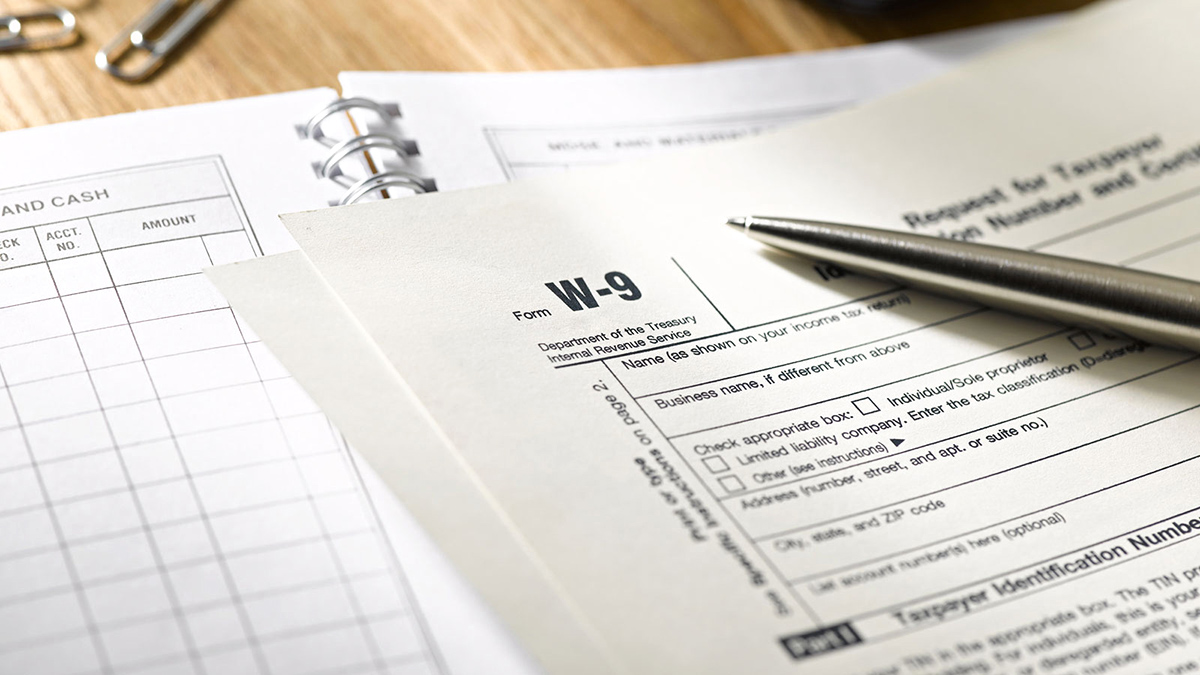Home>Finance>Head Of Household: Definition, Who Qualifies, Income Tax Brackets


Finance
Head Of Household: Definition, Who Qualifies, Income Tax Brackets
Published: December 4, 2023
Learn about the criteria for head of household filing status, including income tax brackets and who qualifies, in this comprehensive guide on finance.
(Many of the links in this article redirect to a specific reviewed product. Your purchase of these products through affiliate links helps to generate commission for LiveWell, at no extra cost. Learn more)
Head of Household: Definition, Who Qualifies, Income Tax Brackets
Are you curious about the head of household filing status and how it could benefit you financially? Look no further! In this blog post, we will break down what head of household means, who qualifies for this status, and the income tax brackets associated with it. By the end, you’ll have a clear understanding of how head of household can impact your finances.
Key Takeaways:
- Head of Household is a filing status for individuals who are unmarried but financially support a household.
- To qualify as head of household, you must meet specific criteria, including being unmarried, paying more than half the cost of maintaining a household, and having a qualifying dependent.
Introduction to Head of Household
When it comes to tax filing, choosing the right filing status can make a significant difference in your overall tax liability. One such status is head of household. But what does head of household mean, and who qualifies for it?
The head of household filing status is designed for individuals who are unmarried but financially support a household. This status offers more favorable tax rates and higher deductions compared to other filing statuses.
Who Qualifies for Head of Household?
In order to qualify as head of household, you must meet specific criteria:
- You must be unmarried or considered unmarried on the last day of the tax year. Being unmarried means you are legally single, divorced, or legally separated according to your state’s laws. You may also be considered unmarried if you are married, but you lived apart from your spouse for the last six months of the tax year, and you meet certain other requirements.
- You must have paid more than half the cost of maintaining a household for the tax year. This includes expenses such as rent or mortgage payments, utilities, groceries, and other necessary living expenses. It’s important to keep accurate records of these expenses to support your claim.
- You must have a qualifying dependent. This can be your child, stepchild, foster child, sibling, parent, or grandparent, as long as they meet certain residency, relationship, and support requirements. The dependent must also meet age and citizenship criteria.
Meeting these criteria is essential to be eligible for head of household status. Make sure to review the IRS guidelines or consult a tax professional to ensure you meet all the requirements.
Income Tax Brackets for Head of Household
One of the primary benefits of filing as head of household is the potentially lower tax rates compared to other filing statuses. Let’s take a look at the income tax brackets for head of household for the tax year 2022:
- 10% tax rate applies to income between $0 and $9,950
- 12% tax rate applies to income between $9,951 and $40,525
- 22% tax rate applies to income between $40,526 and $86,375
- 24% tax rate applies to income between $86,376 and $164,925
- 32% tax rate applies to income between $164,926 and $209,425
- 35% tax rate applies to income between $209,426 and $523,600
- 37% tax rate applies to income above $523,600
These income tax brackets are subject to change, so it’s important to consult the IRS or review the latest tax guidelines for accurate details.
Conclusion
Choosing the right filing status can have a significant impact on your annual tax liability. For individuals who are unmarried but financially support a household, claiming head of household can lead to more favorable tax rates and deductions. Remember to carefully review the qualification criteria and consult a tax professional or use tax software to ensure you maximize your tax benefits.
By understanding the definition of head of household, who qualifies for this filing status, and the associated income tax brackets, you are now equipped with the knowledge to make informed decisions that can positively affect your financial situation.














